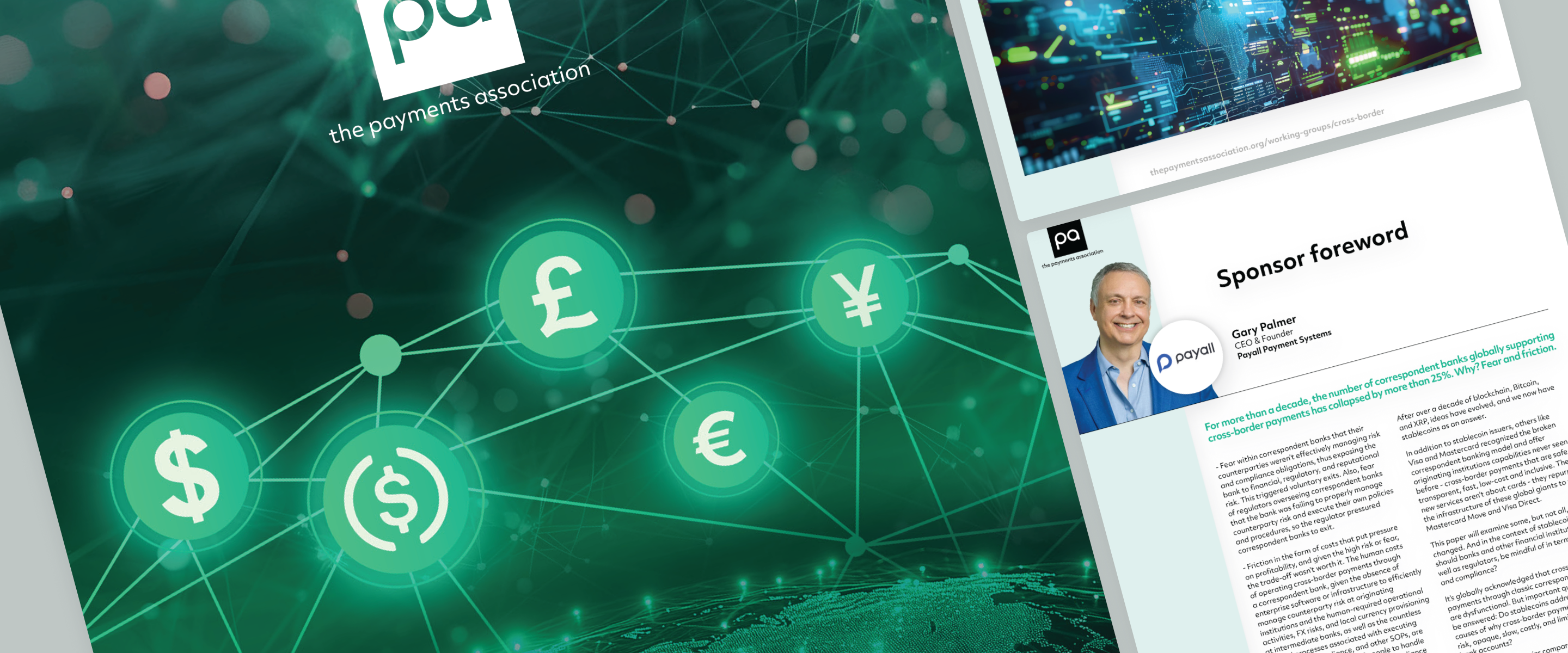The U.K. is entering a genuinely new phase of its history with many opportunities now setting it apart from peer, developed nations. U.K. businesses, policymakers and consumers have endured a unique cocktail of events in recent years including Brexit, ring-fencing and a merry-go-round of political leadership.

Source: Bank of England, Ring-fencing: what is it and how will it affect banks and their customers? 2016
This is now changing, and with this will come the opportunity to redefine the U.K.’s place in international business as technology and software redefine the world we live in.
Driving Growth with Innovation and Investment
The return to power of the U.K. Labour party after 14 years brings with it a political majority that can provide stability and visibility as many other countries face turbulent and unstable futures. Emphasizing the importance of economic stability as a foundation for growth, the party’s economic approach is designed to reassure markets and encourage investment. Where to start on this new and exciting phase in British economic history is a key question, and how to support the backbone of British working life as the world turns increasingly digital must be at the centre of this debate.
“SMEs make up over 99 per cent of the UK’s business population and provide nearly half of employment in our economy. They include everything from early-stage start-ups to local businesses and rapidly growing innovators. Access to finance for SMEs must not be jeopardized further.”
Treasury Committee, May 2024 report on SME Finance
To deliver the growth needed, the U.K.’s 5.6 million Small and Medium-size Enterprises (SMEs) must become the top priority for the new government and its policies. Truly the backbone of the British economy, SMEs contribute more than £2 trillion in turnover but are perennially overlooked and underserved by financial institutions and government initiatives.

Our latest paper focuses exclusively on SMEs, the difficulties they face and the most pressing areas to resolve their challenges in effecting cross-border trade. The U.K. Spotlight section has been written in conjunction with industry leaders including The Chartered Institute of Export & International Trade and cross-border payments specialists IFX Payments and PXP Financials.
Join Us in the Debate
The paper’s interactive format, with video interview excerpts and links to useful data and other reading, ensure that the topics introduced are only the start of this debate.
De-banking, hidden fees and a failure to address appalling customer experience as SMEs pay staff, invoices and suppliers are just the tip of the iceberg. To explore the many opportunities and solutions that software and technology are creating daily, download, digest and debate the U.K. Spotlight on SMEs and Payments.

This U.K. piece is the first in a series of geographic spotlights exploring SME payments idiosyncrasies and opportunities in key trading markets. For a broader discussion on SME challenges globally, a new whitepaper centered on decades of experience and leadership shared by industry experts is available. Check out the global piece here.
Customer experience is no longer a nice-to-have but a pre-requisite of successfully doing business domestically and cross-border. “SME Cross-border Payments: User Reality vs. Industry Fallacy” explores what this means in the real world and how to empower SMEs to thrive and grow.
De-risking and de-banking are not unique to the U.K., and technology’s growing importance to international trade is a widely misunderstood opportunity. Join this debate, hear and see the experts discuss what matters and why. And enter a world of relevant opinion and data via both our latest and earlier papers.















